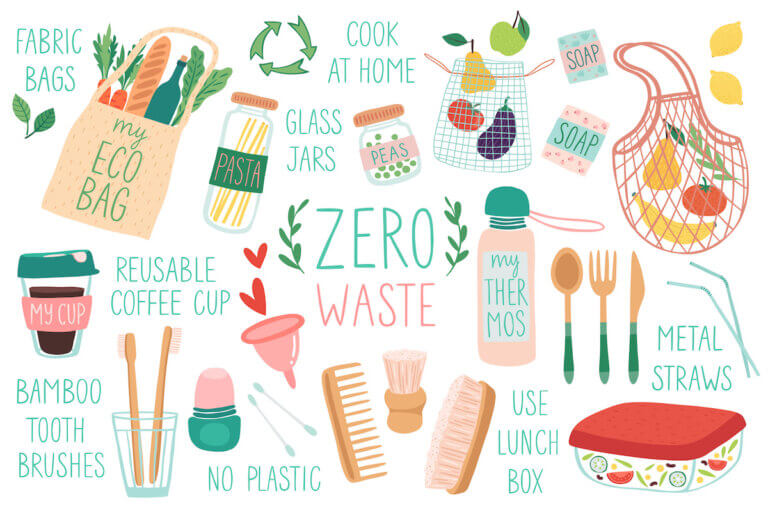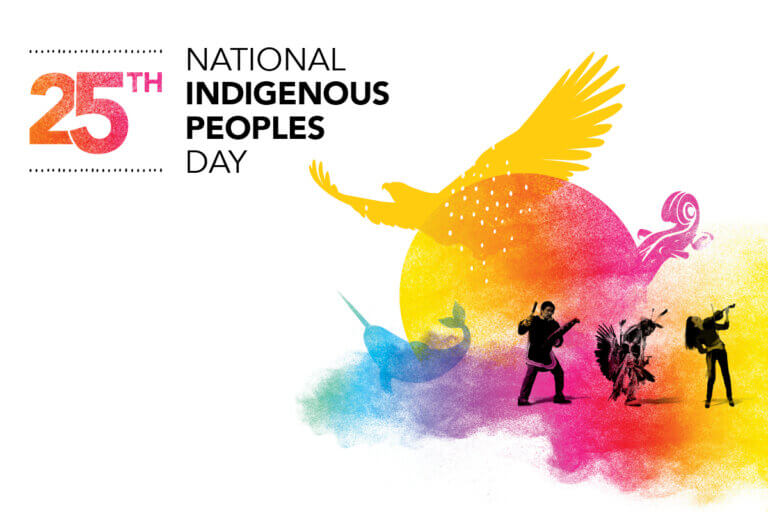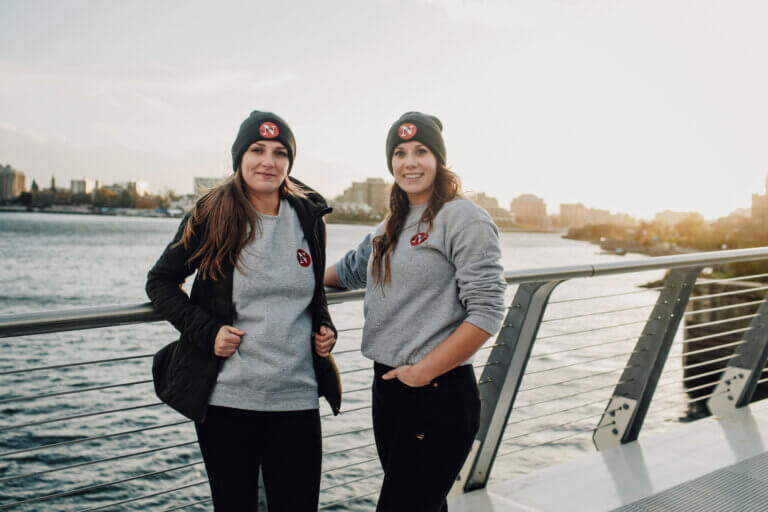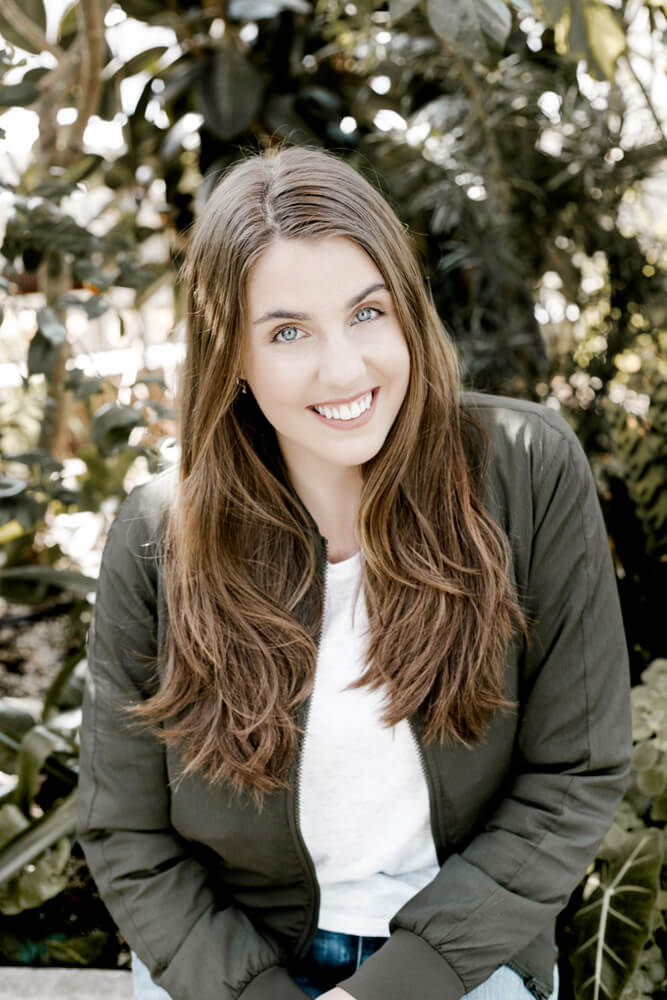Despite financial challenges, our current digital era means news can be generated across a greater variety of platforms. With the ease of launching a website or reporting from social media, alternative, smaller outlets have had new opportunities – and arguably fewer barriers – when it comes to delivering content.
What is The Coast?
The origin story was different for The Coast, a veteran independent paper and digital outlet in Halifax, Nova Scotia. In 1993, professor Stephen Kimber told some eager journalism students at King’s College that they should create something to replace an art supplement that had been cut from the local paper.
One of those students was Kyle Shaw, who took the offhand suggestion, rallied some friends, and turned it into what would become The Coast. As part of our series highlighting independent news outlets, he tells toast how they’ve managed for three decades, how the pandemic changed their structure and one major overlooked benefit of the digital era.
What was the original vision and mission of The Coast, and how did it get off the ground?
We wanted to do a Village Voice, but for Halifax. We could make a newspaper, but we didn’t know how to make a business. Stephen [Kimber] told us, ‘Figure out how much money you need to run your business for 90 days’ – so we did those calculations and determined that we needed $18,000. There were six of us, so each of us decided to put in $1,000. Then we started calling friends and family… and raised another $6,000. We were at $12,000 of the $18,000 needed, and we had shaken every tree. We knew that we could either knock our heads against the wall trying to raise the next six, or we could just start the thing – and now here it is, thirty years later. We didn’t know when to stop, so we just kept going.
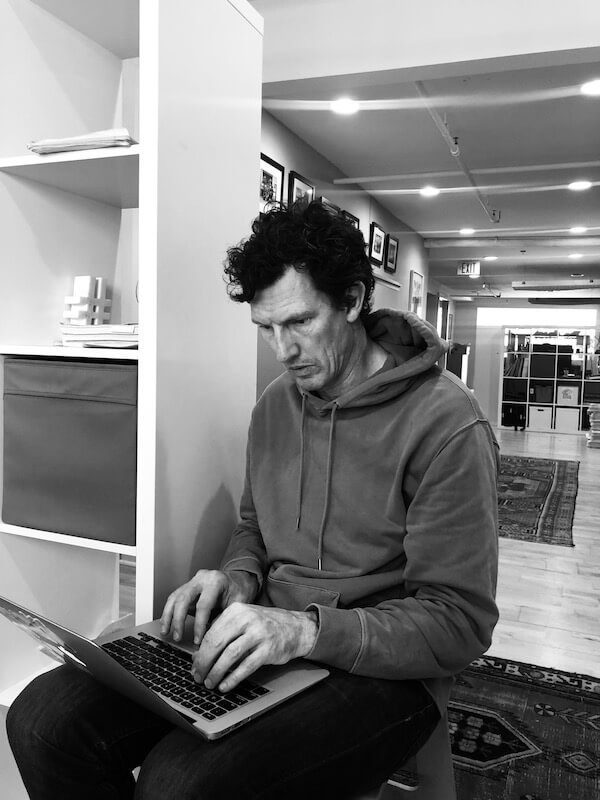
What is The Coast’s funding structure, and how did you decide on and grow that structure?
For the longest time, it was 100% from selling ads in the print edition, and then a little bit of money started coming in from ads on the website. But more recently, we had the general collapse of the traditional media business, and so many of the weeklies in our community started getting into putting on events. So we put on a Burger Week, and Canada’s Biggest Oyster festival.
We had gotten a jump-start on that planning, and then things changed. When the first case [of COVID-19] arrived in Nova Scotia, it was very easy for us to just say, ‘We need to stop print’. I think the first year [of the pandemic] we brought a few issues out in the summer, and in 2022 we’re planning a slate of eight print issues. We’re almost a monthly, but we haven’t formally rebranded it as a monthly magazine.
Before COVID-19, we had long been thinking about doing a membership thing. We were pretty good on the event side, but in our industry, going straight to the readers and asking for support is a real thing. We wanted to wrap our heads around that, and it was hard at first because for years, we put out a newspaper – a physical, tangible thing that was free. We thought, ‘We put the newspaper together for free and suddenly we’re going to ask people to pay on a website?’ So it was hard to commit to that, but then I made that super easy to connect [for readers] that, ‘Oh, there’s nothing’ – print ads are totally gone, and our event revenue stream was dead. We just buckled down and figured out how to start the ask for support, and it’s been good.
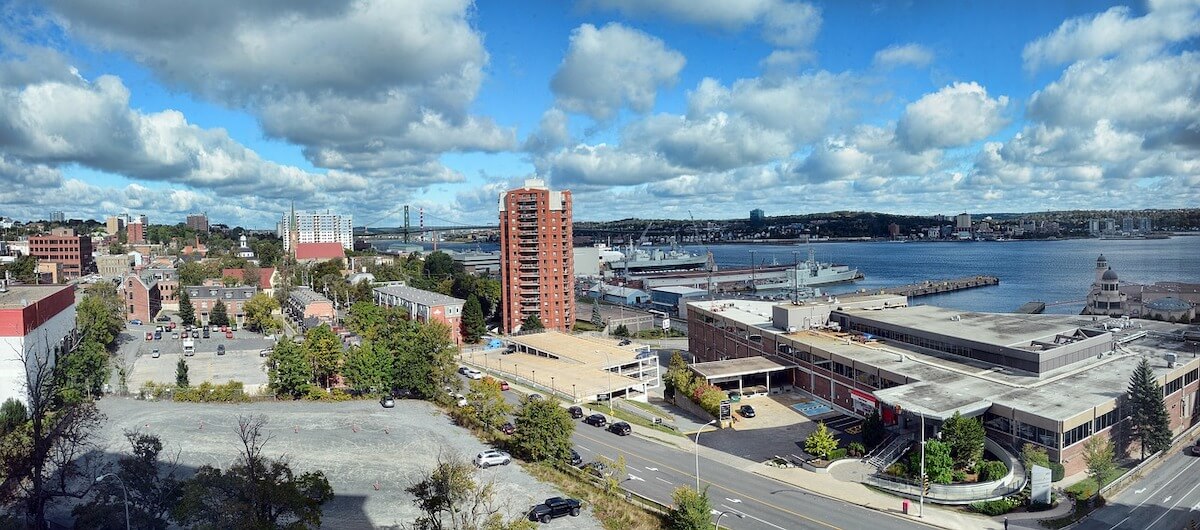
Related Articles
It’s a tough landscape right now for journalism in general, including independent, non-profit, and/or investigative journalism. What are your thoughts on the future of this type of journalism? Where do you think it’s going?
It can be incredibly confusing. We see from analytics and feedback that people love long-form stories more than ever. That’s really something we journalists and readers have always loved and that The Coast really has developed, that passion and appreciation and execution of long-form, and we can see the readers love it – and yet it’s harder than ever to get paid for doing that work.
We joined the Association of Alternative Newsmedia, which brought together all sorts of weirdo newspapers. We have a convention every year, and everybody has the same problem – from the Austin Chronicle to the Village Voice, to the Chicago Reader. We’re all believers in this style of journalism… so we can share ideas. Now we’re not just competing with each other; there’s the big daily and the local radio stations, but our competition is Facebook and Google. When you phrase it like that and you say, ‘Look, Facebook and Google are the common enemy. Why don’t we talk?’ We can say that to anybody. Suddenly, compared to Facebook, everybody’s an independent – and then maybe everybody in Canada can work together.
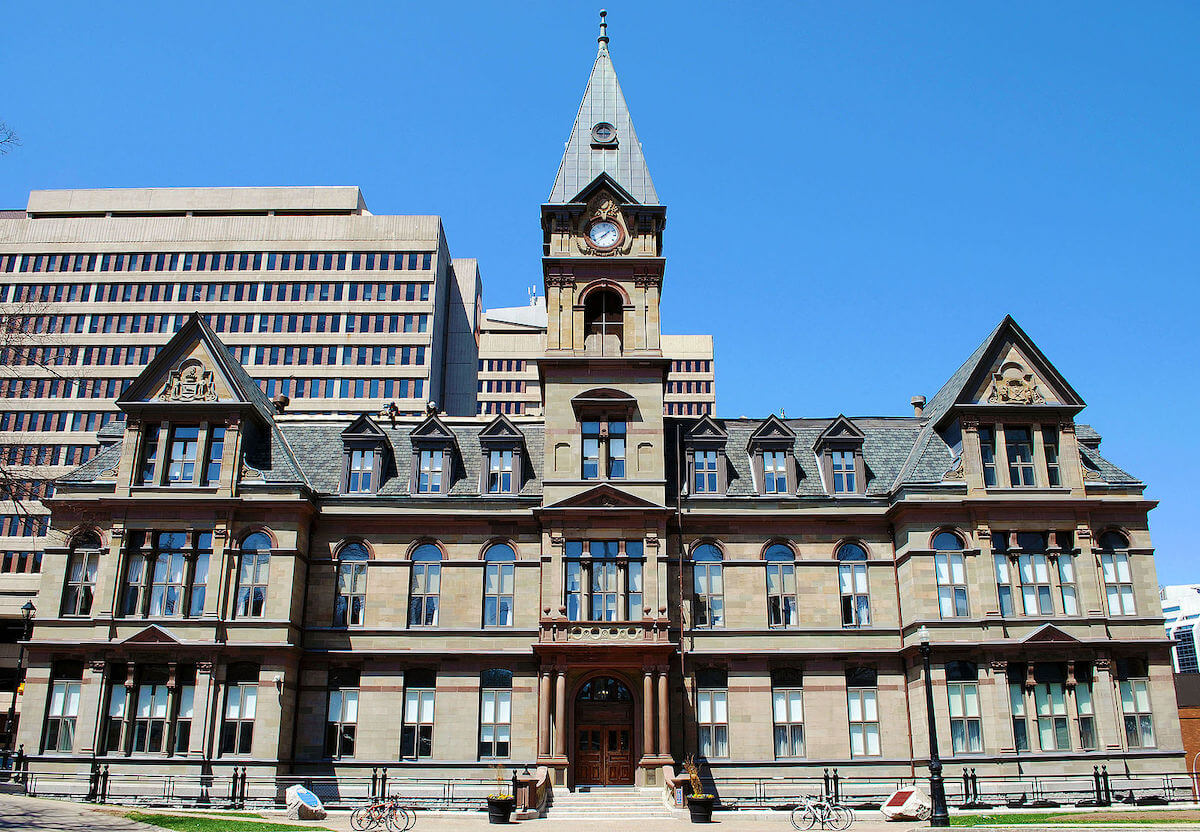
What keeps the The Coast’s team going in these difficult, sometimes disheartening times in the industry? What gives you hope?
When you put out a good story, and it does kind of change the world. One of the things I like about journalism, whether it’s print or a Facebook post or a TV series or a movie or whatever – forget the form… journalism can change the world, a little bit or a lot, when it’s done right. The great part is when readers love something and they tell you, and then you’re still able to do good work.
Any advice for other independent and/or smaller outlets?
Find your community. Find a community that needs you, that you want to serve. The technology changes; there’s always some new scary technology. You can hire people, you can learn, you can adapt… don’t get too hung up on it. Use the technology to get to your community; you need to get to them somehow, and maybe that’s it. It’s not about the way you get to them, it’s about them, because the technology could change next week. Right now, we are still serving our community and trying to make our community better. We think our community is awesome, so we want to be awesome.
Next up: The Narwhal proves that people will pay for quality environmental reporting.
*Some responses have been edited for length and clarity.

